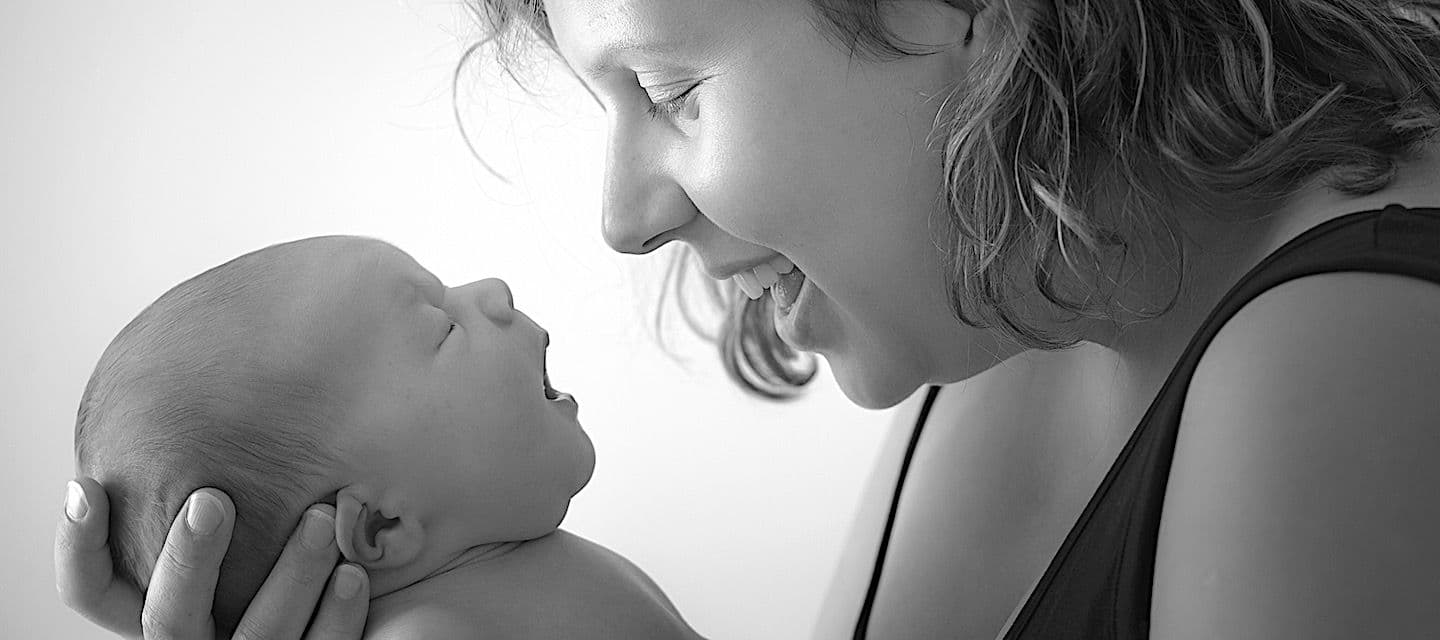Group B Strep - GBS and Pregnancy
Infections
Obie Editorial Team

What is Group B Strep (GBS)?
Group B Strep (GBS) is a bacteria that can be found in the bowels, vagina, bladder, or throat, and commonly without any symptoms. About one in four pregnant women normally carry Group B Strep (GBS) in their vaginas. Most don't even know that they carry it, and the majority of pregnant women testing positive for GBS have no problems. However, GBS can lead to certain complications for both you and your and baby, so if you test positive when you're pregnant, you should be treated during labor.
How common is GBS?
About one in four pregnant women carry a bacterium called Group B Streptococcus (Group B Strep or GBS) in their vagina. It is not well established how exactly women get infected with GBS, but it can be sexually transmitted and people who carry GBS are only temporarily infected in most cases, although some people can become lifelong carriers of the bacteria.
Learn about common sexually transmitted diseases
How do you test for GBS?
The American College of Obstetricians and Gynecologists now recommends performing universal GBS screening during a 2-week window between 36 0/7 and 37 6/7 weeks of gestation. Testing for GBS is easy to detect, the doctor will take a swab of both the vagina and rectum for special culture, which may take up to a week for results.
How does Group B Step affect the baby?
Babies that become infected with GBS at birth (“early-onset”) can develop pneumonia or meningitis, an infection of the nervous system. Babies that survive the initial infection, particularly those who have meningitis, may have long-term problems, such as hearing or vision loss or learning disabilities. Premature babies are more susceptible to GBS infection than full-term babies, but three in four babies who get GBS disease are full term.
GBS disease may also develop in infants 1 week to several months after birth ("late-onset disease"). While the source of the infection in early-onset disease is usually from the mother, in late-onset disease the source of the infection is usually unknown.
How is GBS treated?
GBS can be successfully treated with antibiotics (e.g., penicillin or ampicillin) and is administered through the vein.
Pregnant women who test positive for GBS should be treated with antibiotics (usually Penicillin) during labor. A positive GBS culture result means that the mother carries GBS, but it does not mean that she or her baby will definitely become ill. If you carry GBS, you have a relatively low risk of delivering an infant with GBS disease. If GBS is found in your urine, you should get treated both at the time the diagnosis is made and during labor.
Read More









